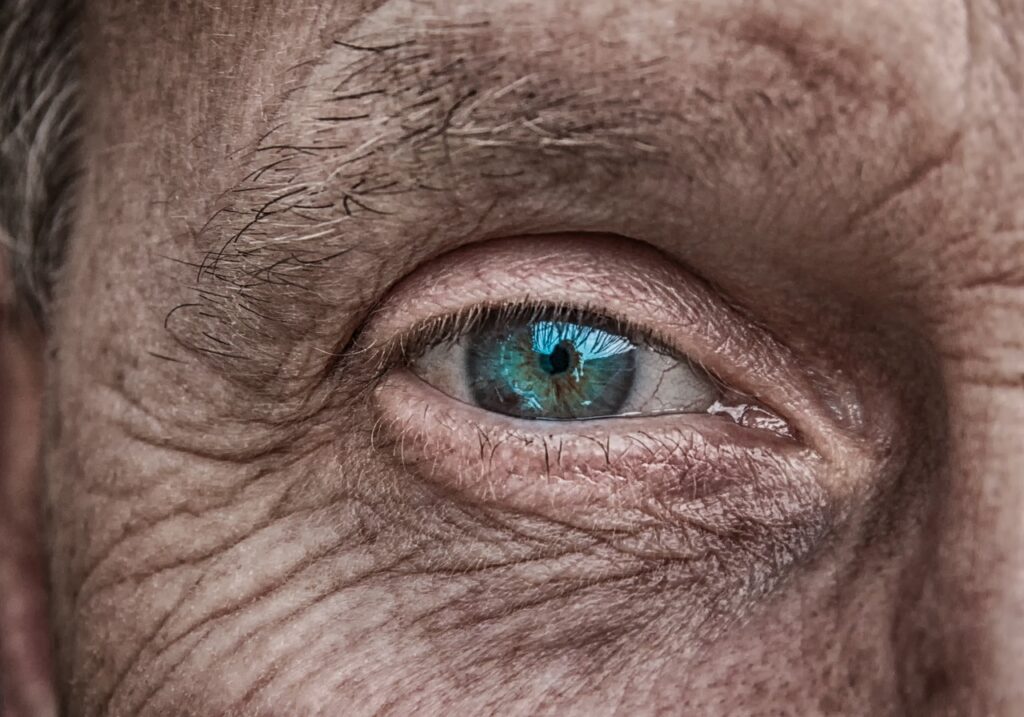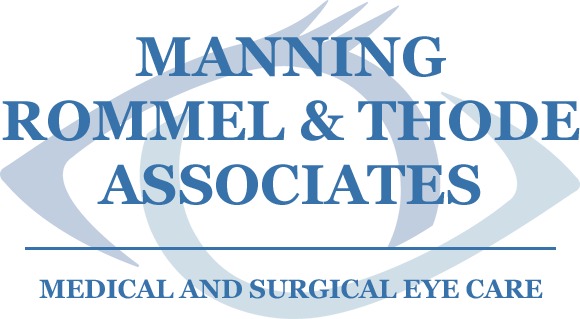Did you know that by age 75, almost half of all Americans develop cataracts? Further yet, the American Academy of Ophthalmology (AAO) has determined that cataracts affect approximately 25 million Americans. While it’s no surprise that cataracts are the leading cause of vision impairment, they can range in terms of severity. As you age, the lenses of your eyes naturally shift from clear to cloudy. Your lenses harden and can leave an opaque cloudiness, almost as if you are looking through a fogged-up window.

If you are an older adult experiencing some of the following eye disturbances, perhaps you want to schedule an appointment with a cataract specialist in your area to discuss cataract treatment options.
- Cloudy Vision – One of the earliest signs of cataracts is the appearance of fuzzy or cloudy spots in your line of vision. Over time, these small spots will worsen and make day-to-day activities more difficult. If your cloudy vision worsens rapidly and persists, seek help from your eye doctor right away in order to salvage your vision.
- Trouble Seeing at Night – Many older adults do not enjoy driving at night. A large part of this may be due to cataracts affecting your night vision and distorting what you see. Cataracts can cause your vision to darken or dim and sometimes even lead to brown/yellow coloring. These symptoms make it noticeably harder to see at night when there is less light.
- Halos & Glare – In conjunction with your night vision worsening, the appearance of halos and glare in your field of vision can also be associated with the development of cataracts. While the halos may be less apparent in the daytime, they are much more noticeable during the night due to the diffracted light passing through the cataracts.
- Heightened Light Sensitivity – If you’re experiencing discomfort with bright lights, you may be in the early stages of cataracts. Squinting, needing to quickly close your eyes or even the development of headaches from flashes or bright lights are all early signs of cataracts.
- Eye Exam Outcome – As always, regular eye examinations are recommended for optimal eye health – especially for older adults. During routine eye exams, ophthalmologists can sometimes detect the presence of cataracts before their patients even report any noticeable signs or symptoms.
Now that you know some of the leading symptoms of cataracts and a way to detect them from home, how about learning some tips on how to slow down the progression of cataracts?
- “Eye Healthy” Diet – Be sure to eat an assortment of leafy greens, citrus fruits, nuts, whole grains and fish rich in omega-3 fatty acids. While signs of cataracts are not reversible, you can try to slow down the progression of them by following an eye-healthy diet.
- Protect Your Eyes from the Sun – While it’s always recommended to protect your eyes from the sun, it’s especially important when it comes to slowing down the effects of cataracts. Wear sunglasses and wide-brimmed hats when outside during the day to protect your eyes.
- Visit Your Eye Doctor Regularly – As mentioned before, it’s always recommended to attend regular eye exams, especially as you age. Eye doctors can track the progression of your cataracts and adjust treatment options as they see fit. It’s also important to ask your doctor about any side effects of prescribed medications or eye drops, as some may actually speed up cataract development.
Manning, Rommel & Thode Associates – Lancaster PA Cataract Specialists
While cataract surgery is not required for early-stage cataracts, it’s important to know where to turn when the time comes for relief from persistent vision problems due to your cataracts. The cataract surgeons at Manning, Rommel & Thode Associates are top-notch and use the most technologically advanced methods of cataract removal.
If you have questions about cataract surgery, our physicians encourage you to visit the AAO EyeSmart® website as your primary informational resource.
Please contact us today at (717) 393-7980, option 1, to set up an appointment to discuss your vision concerns and cataract treatment options.
